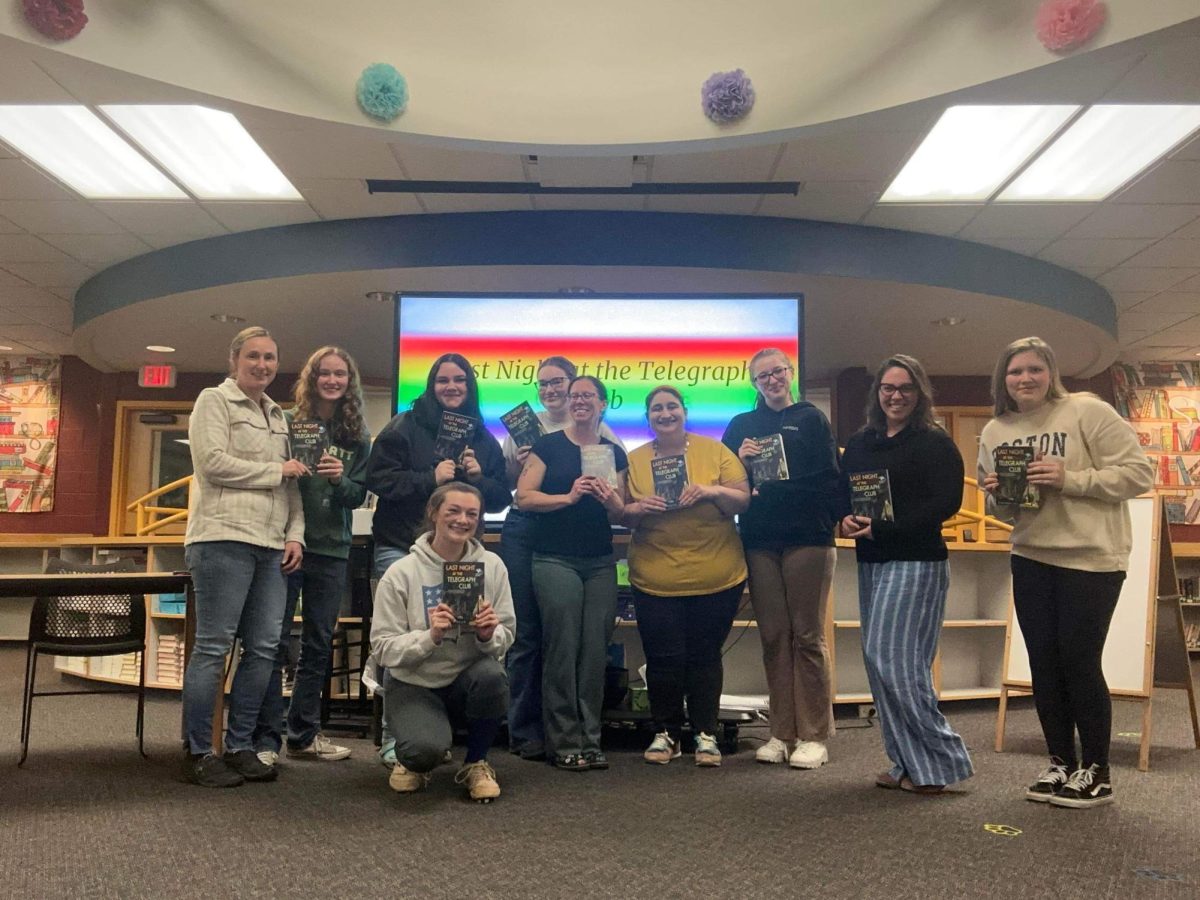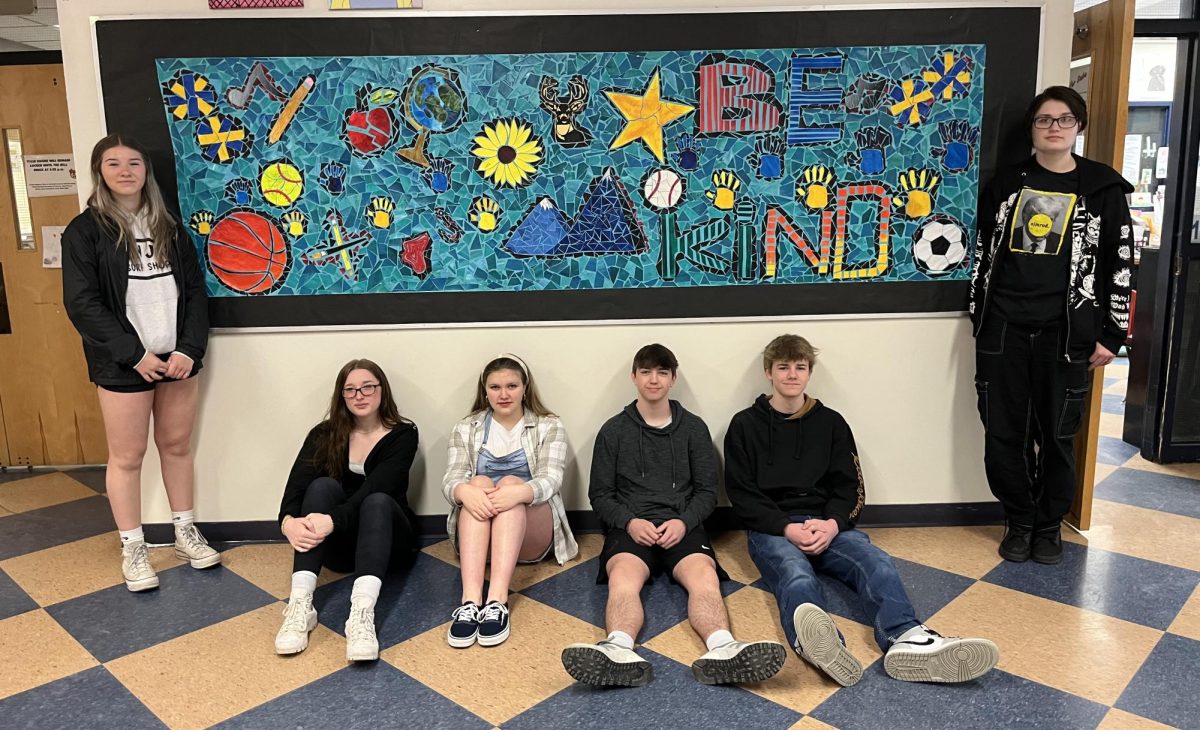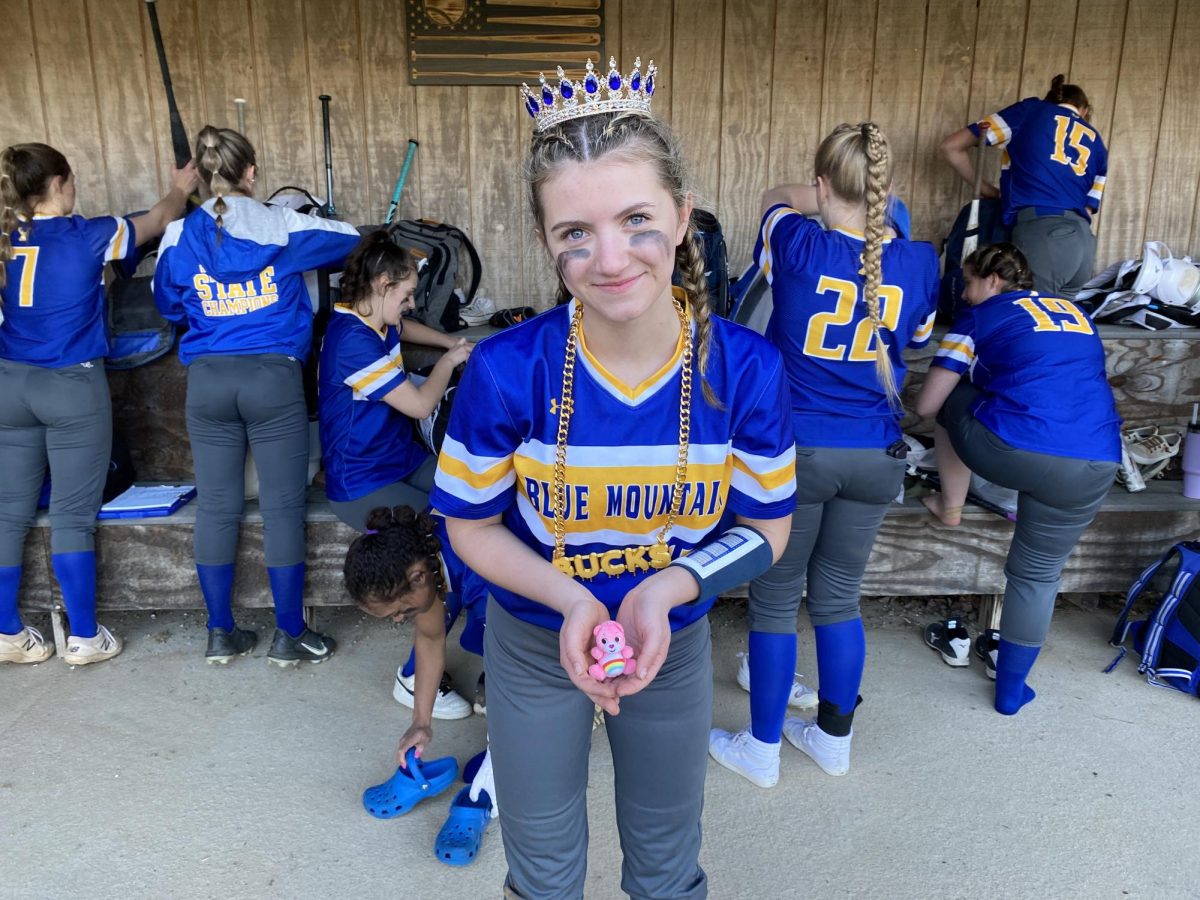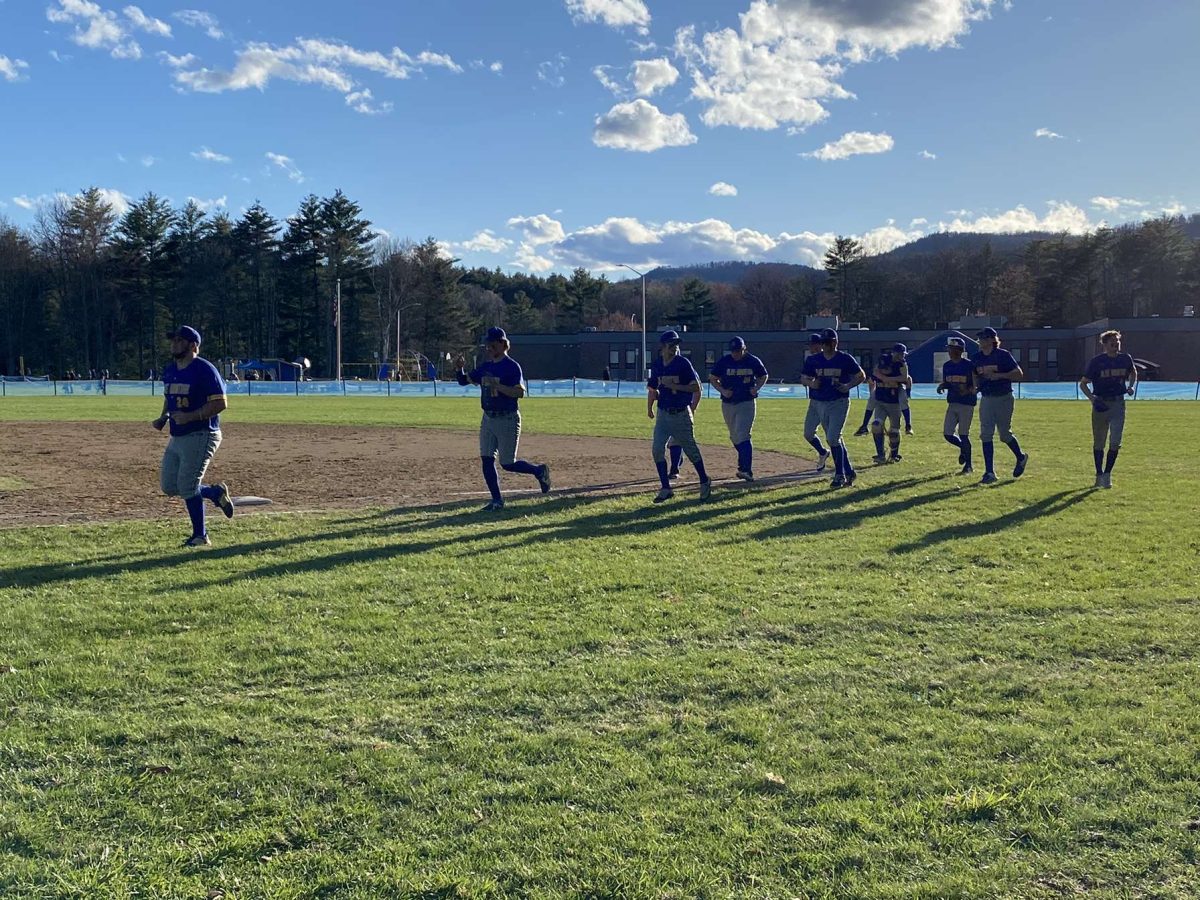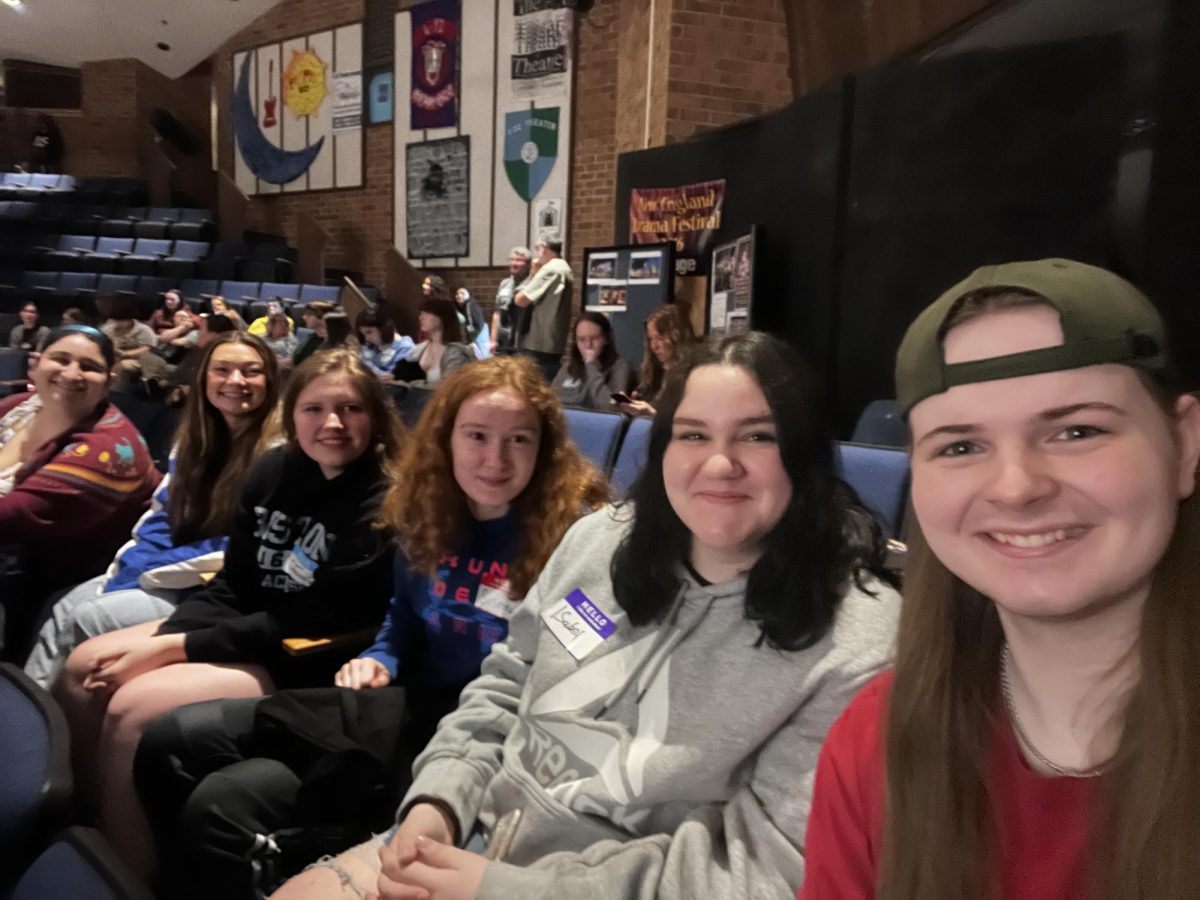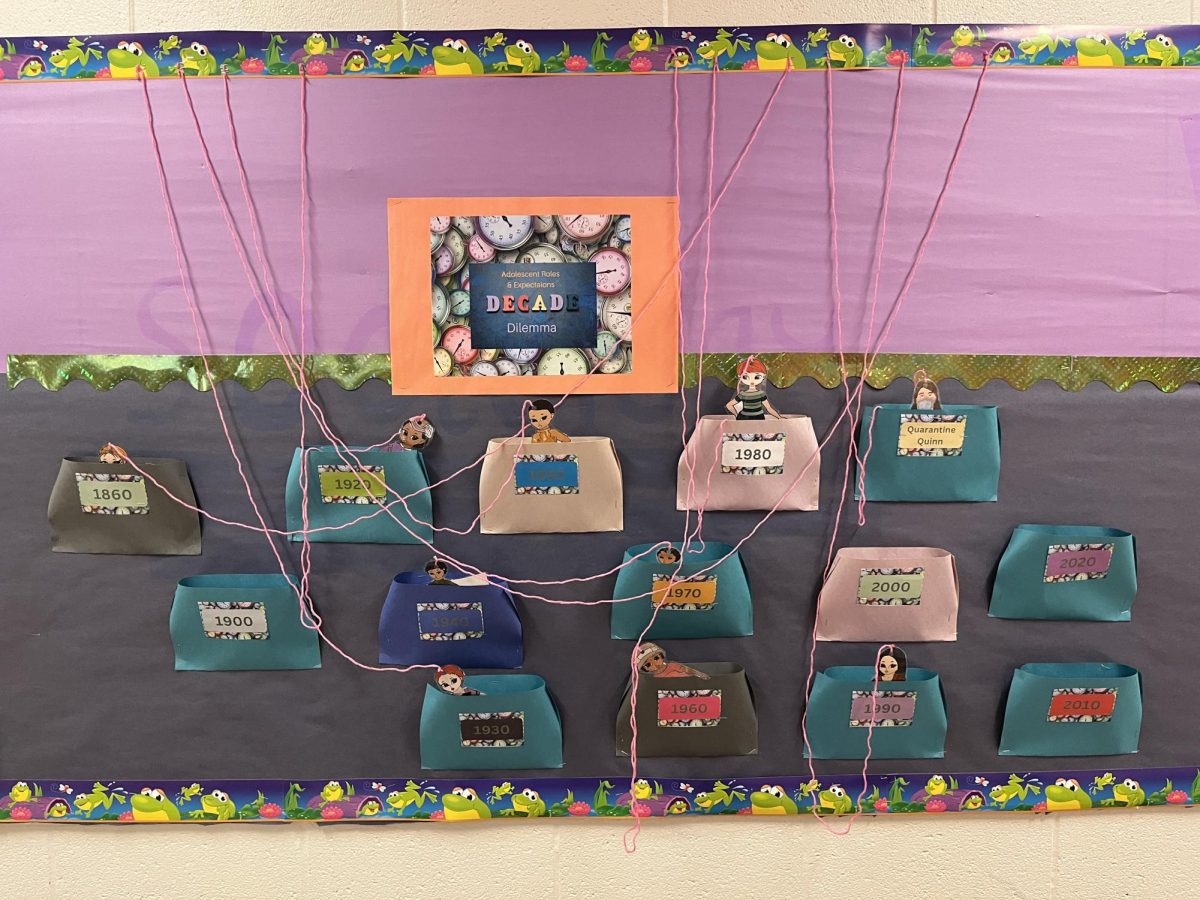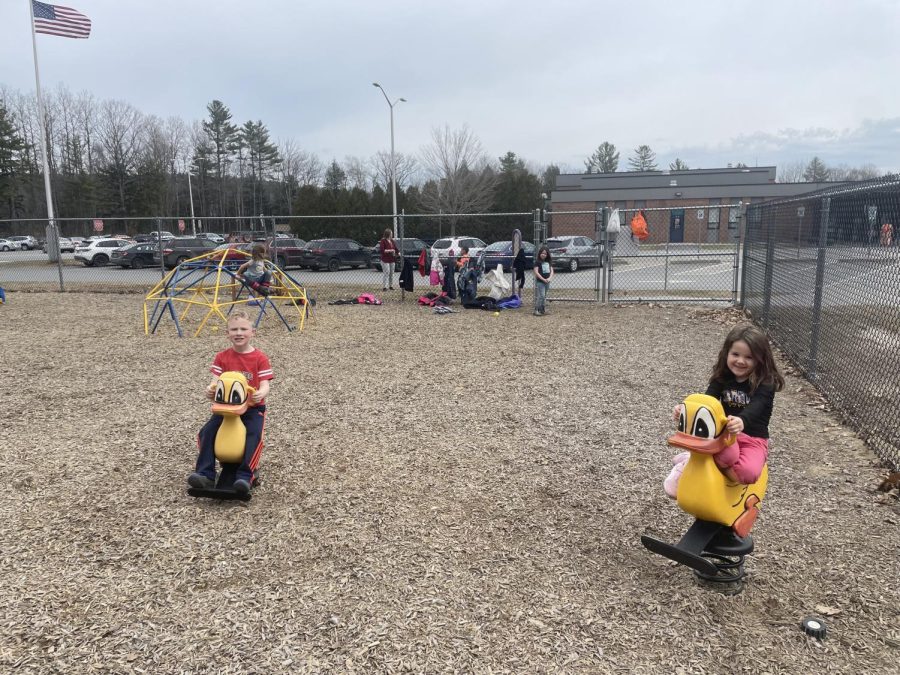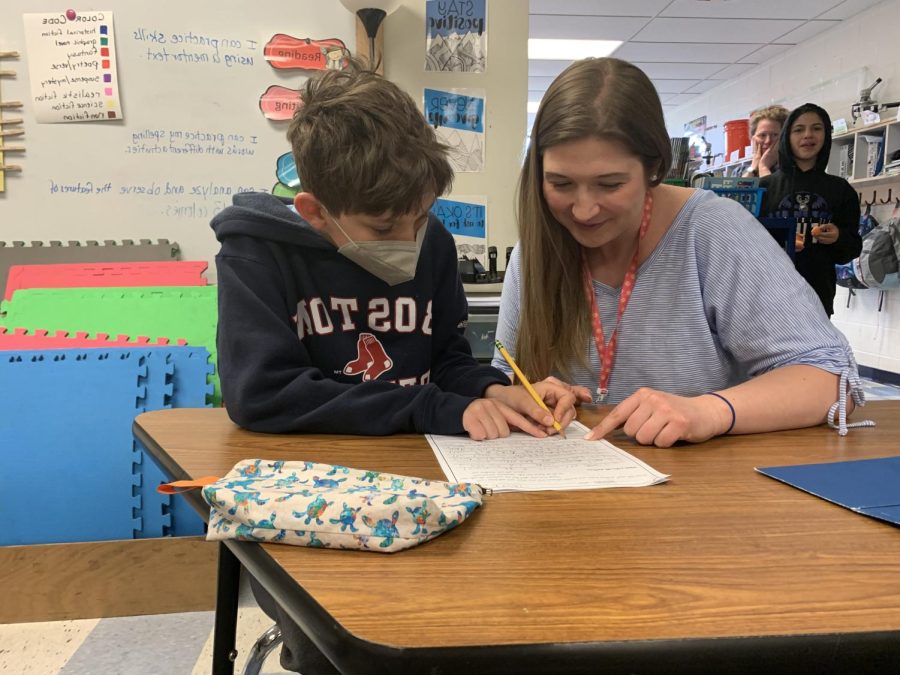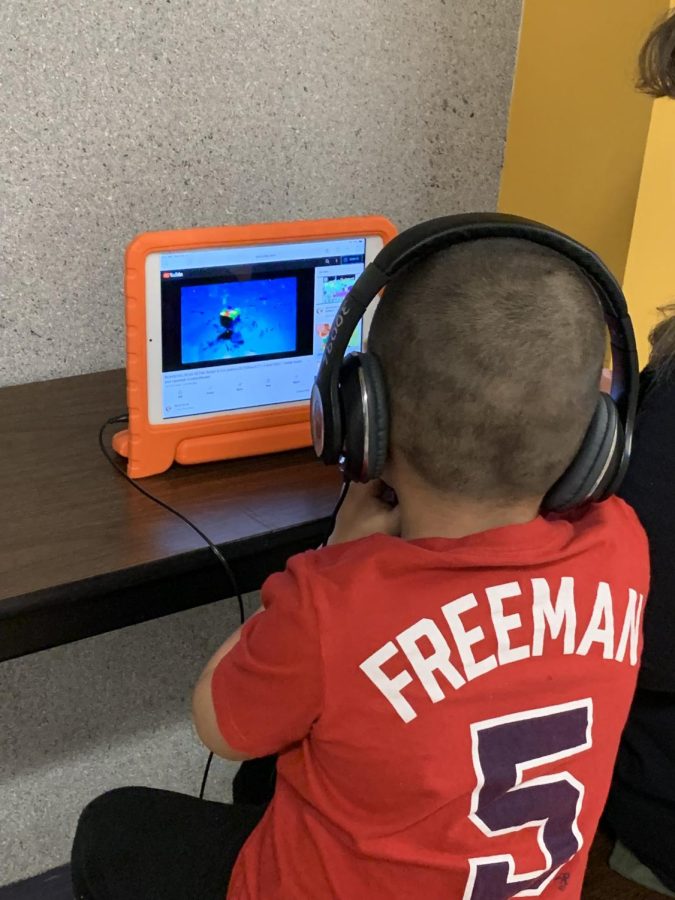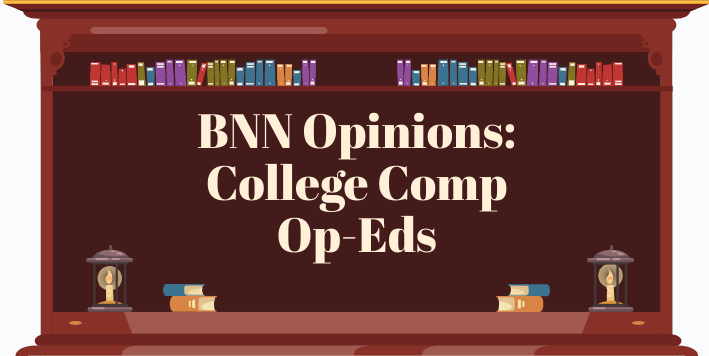Author Blurb:
Karli Blood is a current senior at Blue Mountain Union School who is involved in numerous
extracurriculars; however her passion lies in music. On top of “school affiliated” music classes, Karli
spends her time writing, practicing, and performing music to continue pursuing her title as a “Nashville
Recording Artist.”
Music: Essential for the Brain
Have you ever felt chills while listening to a new song? Or felt happier after jamming out to a
favorite? Or even after a long day, felt soothed from listening to the swift sounds of gentle background
music? That is because music is essential for the well-being of us all.
Our brains need music. Whether it’s listening to a new song on the radio or playing the tuba in an
orchestra, music provides the brain with a hefty workout. Of course, there are the common benefits to
music: shaping personal and cultural identity, providing a source of enjoyment, regulating mood, and
making connections between music and memory. However, music has the power to improve much more
than you might think.
When the brain interacts with music, every major part of the nervous system is stimulated. This
trigger increases blood flow to the parts of the brain that control emotions, which is also known as the
limbic system. The increase in blood flow causes the release of dopamine throughout the body giving the
individual a sense of pleasure. This process explains why music can be healing for those struggling with
mental illness, stress, and addiction. Interestingly, this release of dopamine can have the same effects as
eating pleasurable food or taking an addictive drug.
The strongest form of music engagement in the brain happens when playing an instrument. This
is because playing an instrument exercises the motor, visual, and auditory parts of the brain. It also
increases the volume and activity in the corpus callosum. This results in instrumentalists retaining
stronger executive functions in the brain, as well as having better problem-solving skills. Playing
instruments provides gain in memory, improves verbal fluency, increases information processing, and
allows messages to be transmitted faster across the brain.
One of the most crucial benefits of music is assisting those struggling with mental illness. In the
US, more than one in five people battle with mental illness. However, that number rises among musicians.
This is not because music triggers mental illness. This is because those artists have found that music
provides them with an outlet of therapy while utilizing their talents. This proves that music can have the
power to make our students’ brains healthier while offering a path to express their passion. Music could
be the answer to helping our youth overcome mental illness.
So, if music exudes numerous benefits, why are music education programs so scarce in our
schools?
In order to keep a music program alive in schools, there needs to be funding. School budgets are
funded by property taxes. So, when homeowner rates are dropping due to major economic events, there
isn’t much money for schools to continue vital programs. Coincidentally, as the state and federal money
drops, the cost of operating schools skyrockets. This conflict leaves school boards with no option but to
cut necessary programs. In most cases, music is the first program to go. And once a program is lost, it is
rare that it will ever return.
It’s difficult for the average citizen to change property taxes and school budgeting, but we can
make a change in other ways. The biggest reason why school boards choose to cut the arts over other
clubs is simply due to ignorance. It’s important that executive members of our schools are educated on the
need for certain programs. Numerous studies have proven that students involved in the arts score higher
on standardized tests and earn higher grades in school. So, in order to have successful students in our
schools, it is essential that we provide avenues of the arts.
Although it’s unjust that kids living in wealthier school districts have access to more
opportunities, we can still implement music education on a small budget. Whether it’s the classroom
teachers incorporating music into their school curriculum or hosting a bucket drumming club after school,
schools are still able to provide essential music education without spending a lot of money.
The sad truth of our world is that money means power.. Without money, schools can’t purchase
professional instruments, put on theater productions, or hire teachers for the arts. But that doesn’t mean
that schools can’t implement “music education” in different, creative ways.
In the end, the most important outcome is that people are educated about the benefits of music.
Without awareness of this issue, we are not able to help the young minds in our schools. It’s important
that we educate those around us in order to ensure that essential music programs remain in our schools to
ensure the social, emotional, academic, and health benefits that music provides for our most precious
assets: our children. Our world is in danger. Our kids are our future. Music could be the answer. Please,
educate yourself on the importance of music education and make your voice heard.


